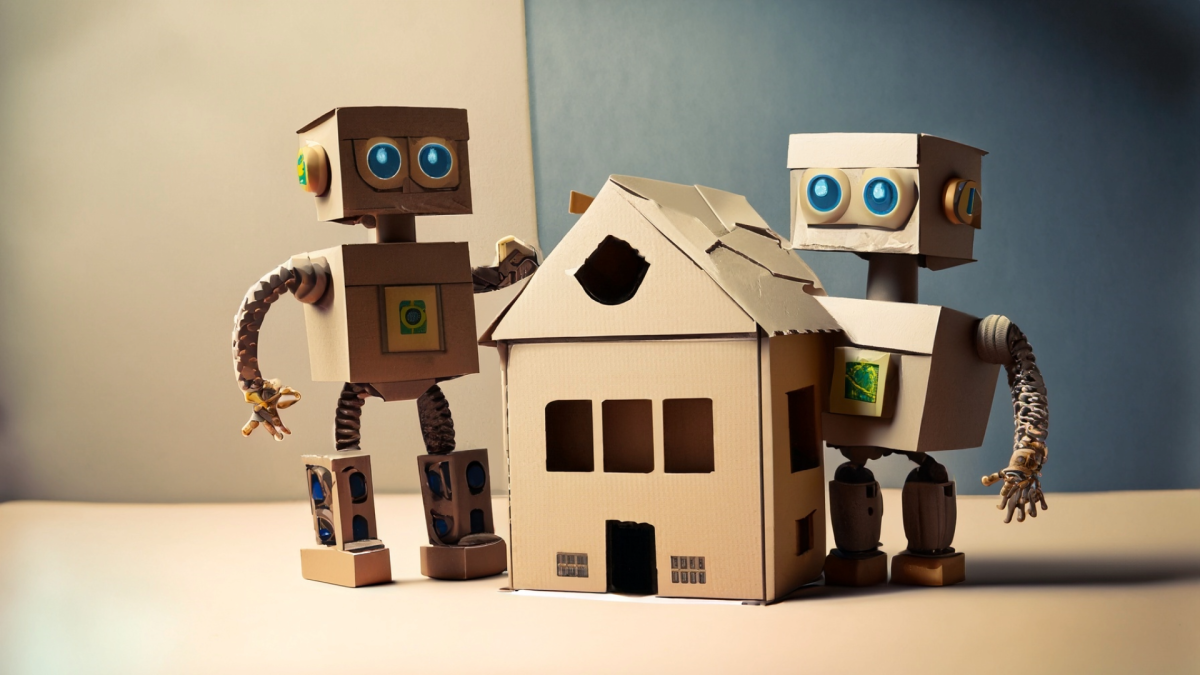
Grades:
6th Grade, 7th Grade, 8th Grade, 9th Grade, 10th Grade, 11th Grade, 12th Grade
Students will pick an issue that they think exists in the world and propose a solution via a presentation. This will model a TedTalk.




